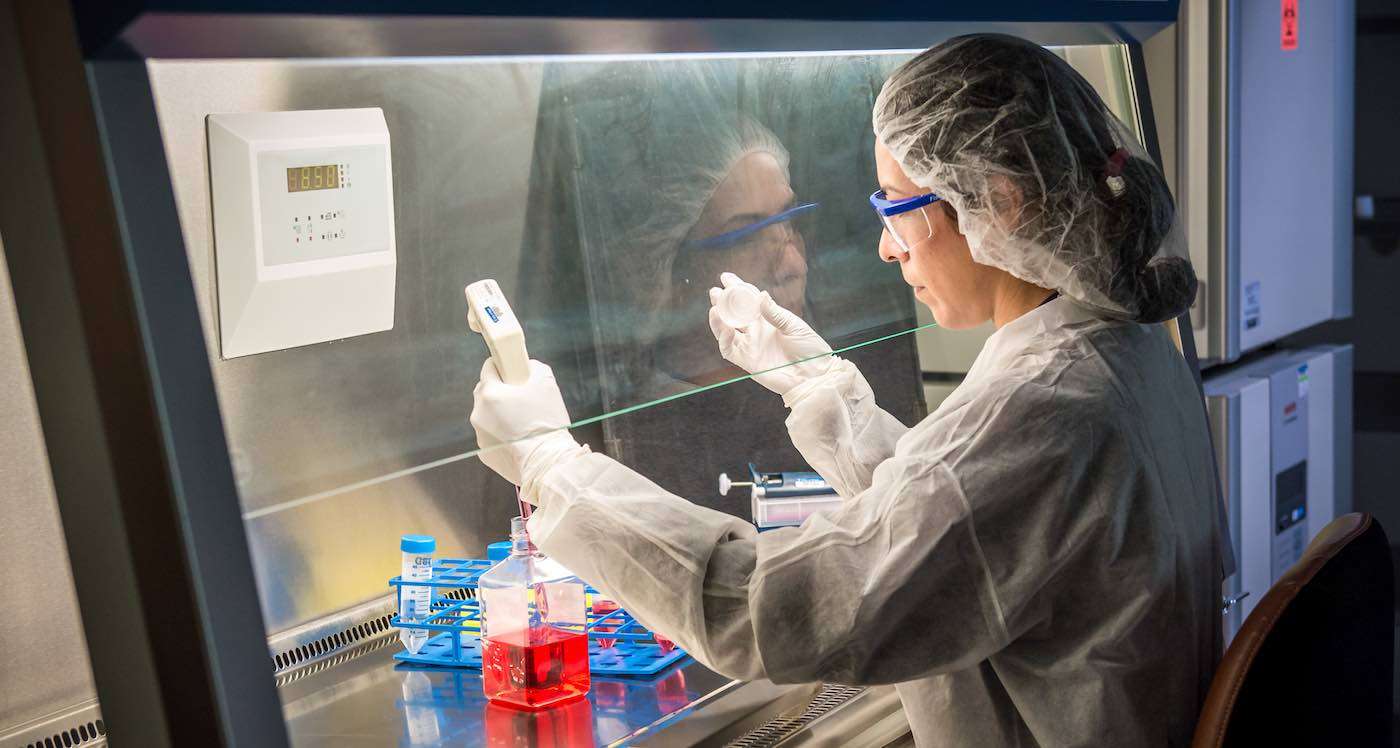Delicious Cancer Breakthrough: Pomegranates Found to Significantly Fuel Tumor-Fighting Immune Cells
A new study shows a substance found in pomegranates significantly boosts the immune system to fight cancer—with endlessly rejuvenated T cells.

The Phase 1 trial has begun to test a novel pill that was effective in pre-clinical studies against reoccurring solid tumors from breast, prostate, brain, ovarian, cervical, skin and lung cancers.
City of Hope, one of the largest cancer research and treatment organizations in the U.S., announced last month that the first patient to receive its novel, promising cancer medicine is doing well-and they are currently recruiting people for the study "who the therapies of tomorrow today."
Linda Malkas, Ph.D. has been working on the research and subsequent discovery and development of AOH1996 for 20 years says the drug was named after Anna Olivia Healey, a young girl born 26 years ago who unfortunately was not able to beat cancer.
Malkas believed that proliferating cell nuclear antigen' (PCNA), which plays an essential role in the replication and repair of cells, would be a less toxic cancer therapy that targets mutated cancer cells while leaving normal cells alone.
The treatment has been shown in preclinical research to target PCNA and inhibit the growth and spread of a broad range of human cancer cells.
She says AOH1996 is not toxic to healthy cells and that treatment with this medicine both pauses cell DNA synthesis and inhibits DNA repair, leading to a type of cell death known as apoptosis in the cancer cells.
"Imagine cancer as the water filling up a bathtub. Left unchecked, the tumors or water will eventually overflow and damage other parts of your home. The treatment my team at City of Hope created is akin to a watchful homeowner who shuts the water off-stopping the spread of tumors to other parts of the metaphorical house-and then drains the tub, eliminating the cancer," said the professor of molecular oncology.
"By targeting PCNA, we are inhibiting the complex machinery to stop cellular growth and proliferation," said City of Hope's Vincent Chung, M.D. "This is a new way of trying to kill cancer cells or at least to slow it down," added the researcher and principal investigator in the clinical trial.
Over the next two years, the trial is expected to continue testing the safety, effectiveness, and tolerated dosage of the pill, which is licensed by City of Hope to RLL, the biotechnology company co-founded by Malkas. And they are looking for more patients.
Eligible patients include adults with solid tumors who have not found standard treatments effective. Participating patients will be asked to take the medication in pill form twice a day.
Individuals interested in this clinical trial should review the eligibility requirements at clinicaltrials.gov. If they believe they are eligible, they can call 626-218-1133 or visit City of Hope's clinical trials webpage.
Malkas said other targeted therapies, like checkpoint inhibitors, that inhibit the growth and spread of cancer have helped innumerable cancer patients, adding that perhaps one day AOH1996 will be a U.S. Food and Drug Administration-approved inhibitor that could be used in combination with existing therapies to both enhance cancer-killing effects as well as decrease side effects related to lifesaving cancer treatments.
With the infrastructure, experts, and support of City of Hope, Malkas was able to commercialize her basic research and manufacture the medicine, moving her promising laboratory discovery into a clinical trial in the Los Angeles area.
SHARE the Opportunity for Cancer Treatment on Social Media…
Be the first to comment